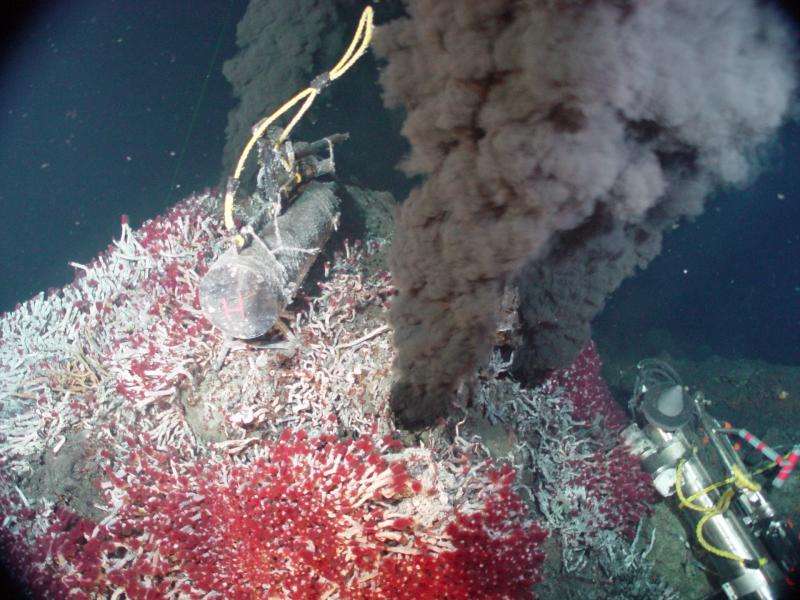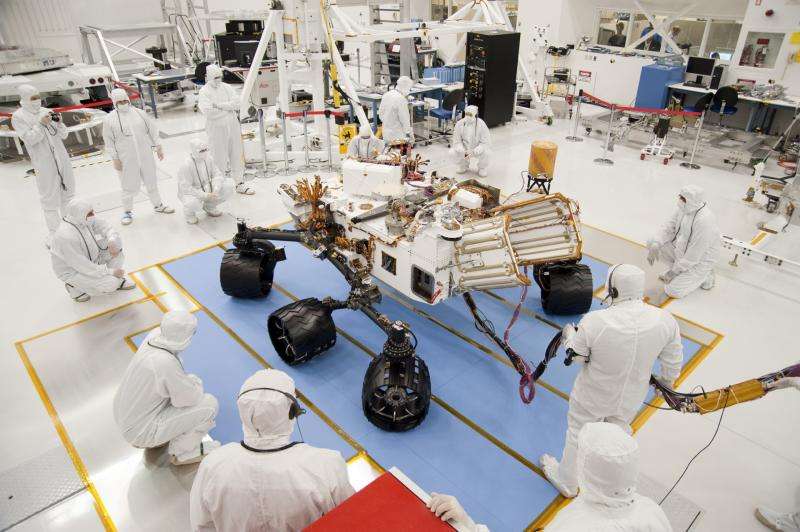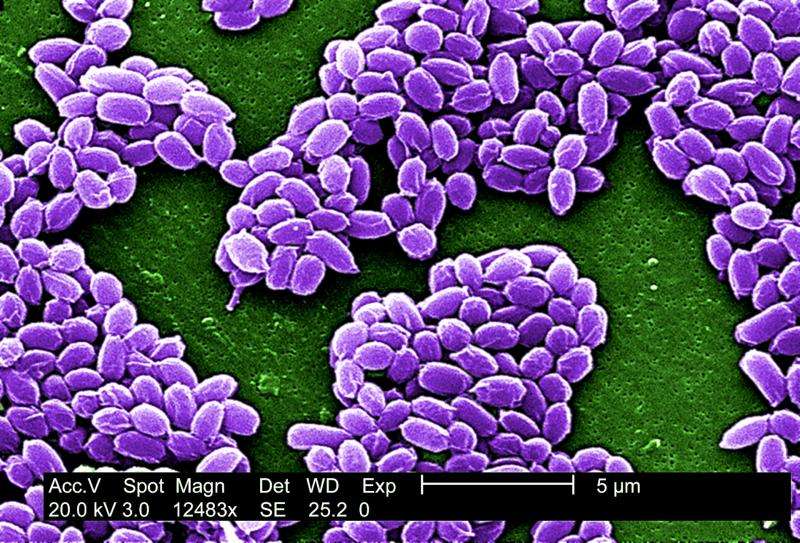Will we contaminate Europa?

Europa is probably the best place in the solar system to go searching for life. But before they're launched, any spacecraft we send will need to be squeaky clean so don't contaminate the place with our filthy Earth bacteria.
Look at what humans did to your planet. We filled your whales with plastic, and the air with a salad of poisonous trappy-heaty gases. We've got chocolate trash wrappers in our peanut butter toxic run-off, and vice versa.
Good news. We don't have to stop here. It looks like we might be set to take our pollution to other worlds. In this case, we could be polluting other worlds with life. Which will one day grow up and do the polluting for us. Horrible horrible earth life.
Where I live on the West Coast of Canada, the landscape is covered by invasive species. Scottish Broom, flocks of European sparrows darken the skies, and I'm constantly pulling Chinese parsley out of my garden. Also, that stuff is really hard to get rid of, so if anyone has any suggestions…
As we colonized the Earth, on our journey from continent to continent, we took our traveling companions with us. The ones we intended like our goats, pigs, and rabbits, and the ones we didn't intend, like our mice, rats and viruses. Without any natural predators, invasive species have done quite well for themselves, pushing out existing native populations, and driving many to extinction. This is how we operate, it's what we do.
Can we learn from our mistakes and prevent spreading our own life across the solar system and ruining other worlds? I want to say … "maybe?".
You might think that the solar system is totally dead and ours for the taking. Which might sound familiar, as it's our tradition regarding other continents, oceans and now the arctic. Unsurprisingly, we have no idea.
In recent years, planetary astronomers discovered vast oceans of liquid water underneath the surface of Europa and Enceladus, and now leaking onto the surface of Mars. There could be water on piles of moons and dwarf planets across the solar system. There could be water everywhere.
This is important, as our motto goes, wherever we find liquid water on Earth, we find life. Underneath glaciers, in boiling ponds in Yellowstone. In water with high salt content, or high acidity; life finds a way to exploit every niche it comes across.
If there is life on these other worlds, it will have evolved to exploit its own particular niches. There may not be cetaceans on Europa, but bacterial life is definitely a candidate.
As you ugly bags of mostly water likely recall, there could be life but not as we know it, operating under completely different biological principles. Whenever we land a spacecraft on any other rock, we risk contaminating it. It's bad for science, it's bad for the rock, and it's bad for us as it's indicative of an underlying problem.
Did we really discover a distant relation to Earth life, or did those hardy water bears just colonize another world, or did we just leave a snotty tissue inside one of the equipment compartments?
Worst case scenario, our life transplant could exploit another world's resources and push out the native wildlife. Like that time we gave the space whales staph infections and they got all gassy and exploded under the ice of Enceladus.
The space agencies are aware of this problem, they take great pains to decontaminate spacecraft that travel to other worlds. The Committee on Space Research, or COSPAR, gives recommendations for how spacecraft should be protected based on their missions.
For spacecraft orbiting the sun, which will never interact with any planets, there's no protection needed. If a spacecraft is going to potentially collide with a world, especially one with liquid water, mission make sure the spacecraft is destroyed before it runs out of fuel.
For spacecraft designed to actually land softly on other worlds, like Mars, decontamination is even more extreme. Engineers will dry heat sterilize every component of the spacecraft to kill as much as possible. They work in special clean rooms, which minimize the amount of bacteria and microbial life that can come in contact with the spacecraft. They clean every surface with ethanol and other toxic solvents.
Keeping the spacecraft clean as it moves through all the other stages is an incredibly difficult process. Especially when you consider that it needs to be installed inside its rocket launch vehicle and moved to its launch facility.

It turns out that life is actually pretty tough to kill. When sending general spacecraft to Mars, engineers are targeting no more than 300,000 bacteria spores for the entire spacecraft, and 300 spores per square meter.
For spacecraft that will actually be searching for life on Mars, or Europa or Enceladus, the target is 30 spores total for the entire spacecraft. Cleaning things is hard.
There's another category of potential contamination that engineers are thinking through. What happens when a spacecraft returns from another world carrying potential extraterrestrial lifeforms that could contaminate our planet?
So far, the only sample return missions have been from comets or asteroids, with a very low likelihood of bacterial life. But once missions start returning from Mars or one of the icy moons of Jupiter, the risks get higher.

The current recommendation from COSPAR is that any samples returned to Earth be completely sterilized by the spacecraft somehow. Of course, this ruins the possibility of life surviving in the sample so that we can study it. We'll either need spacecraft capable of searching for life on the spot, or some kind of safe orbital facility to keep things away from the planet.
Thanks to our horrible experiences with invasive species, scientists are aware that potential contamination from world to world is a big problem, and they're taking steps to avoid it. Hopefully we'll never have to apologize to the Europan spacewhales for ruining their habitat.
Although, I suspect we will. I'll get working the apology letter now.
Source: Universe Today





















